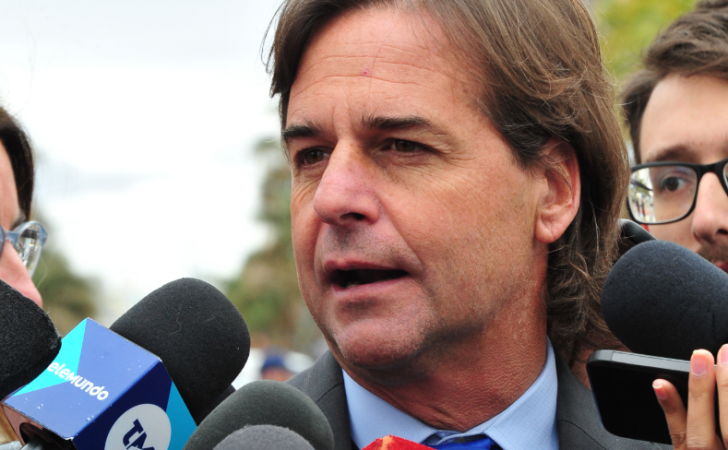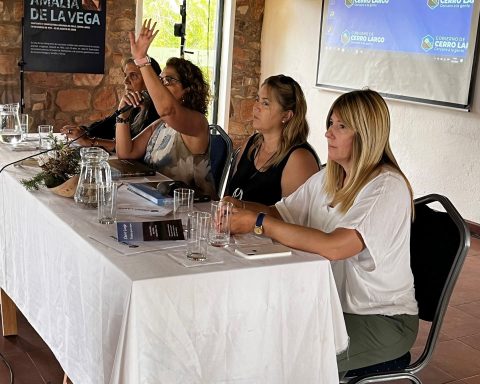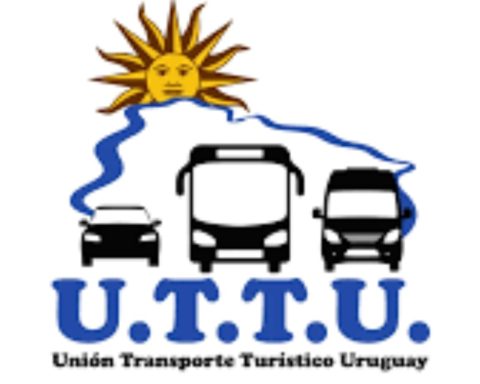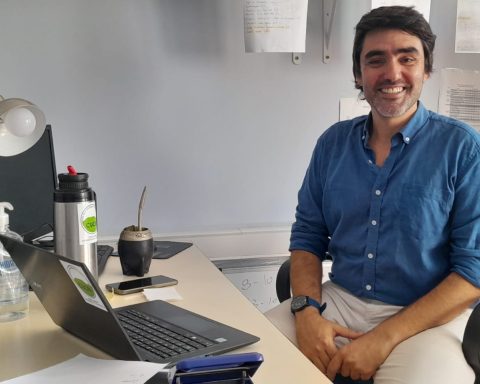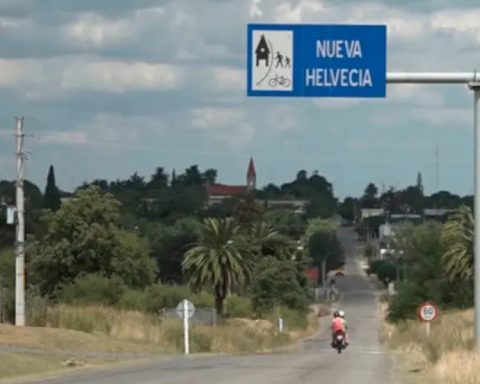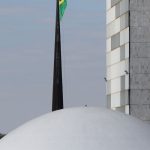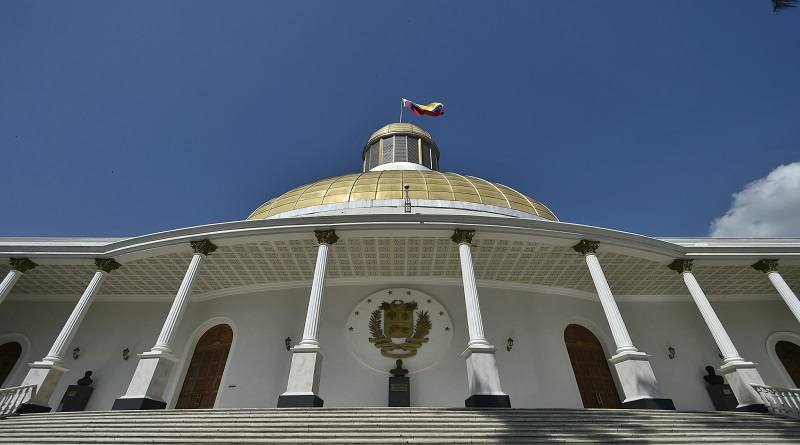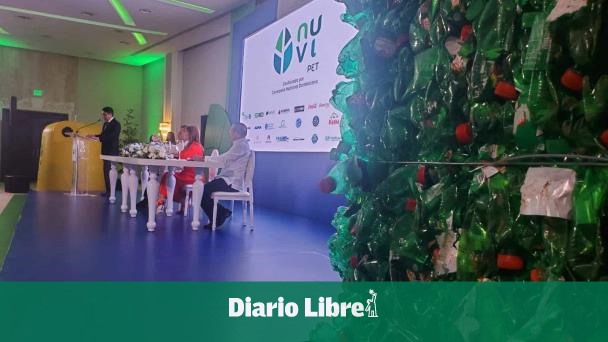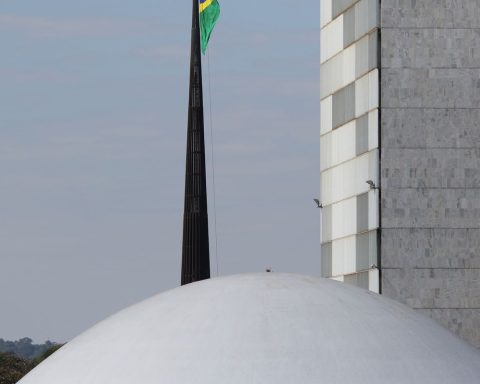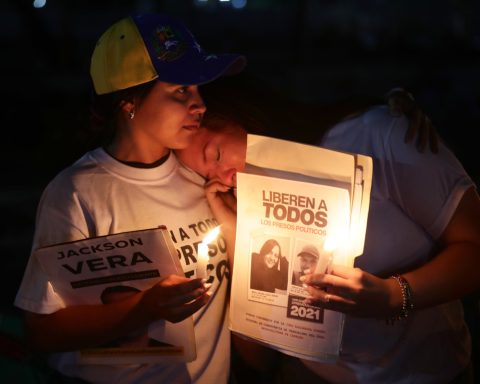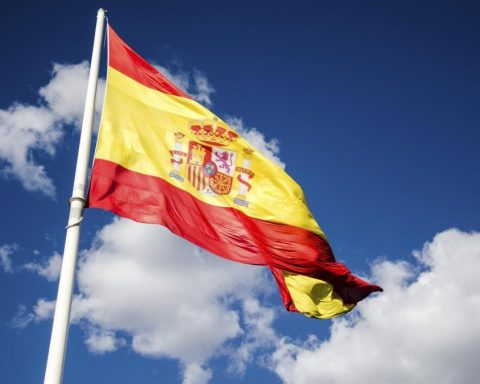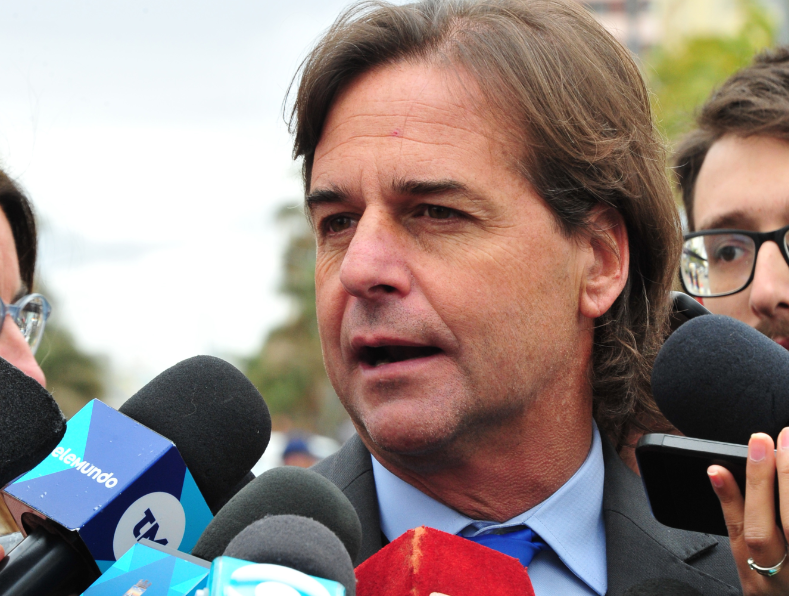
The President of the Republic, Luis Lacalle Pou, presented the Accountability project to Parliament, which contemplates the total repeal of the Media Law, No. 19,307, approved in December 2014, which established a series of measures to avoid, among other things, the concentration of monopolies and oligopolies while promoting the national production of television products.
For the Executive of Lacalle, this law has “several unconstitutionalities” and, under that premise, it was that it enabled private cable operators to use ANTEL’s infrastructure to compete with it in internet services.
According to publish the weekly Searchclaiming to have agreed to the Accountability text, the government wants to promote in Parliament the advancement of the new Media Law, which has been sleeping without much movement for more than two years, and which has generated doubts, criticism and rejection between expert voices.
The new text would only maintain articles 35, 36 and 37 of the current law:
- Article 35 guarantees the right to accessibility to audiovisual communication services for people with disabilities, in order to exercise their right to freedom of expression and information with equal opportunities.
- Article 36 establishes that the different television signals must provide part of their programming accompanied by subtitling systems, sign language or audio description, especially content of general interest such as informational, educational, cultural and relevant events.
- Article 37 states that the Executive Power will facilitate and promote the development of appropriate technologies, the production of national content, the training of professionals and research in audiovisual accessibility to support compliance with these obligations.
In favor of sports content production companies, the government wants to be able to block all illegal or unauthorized transmission of sporting events, whether through YouTube, Facebook or web pages such as the well-known Direct red. This would be controlled by the Communication Services Regulatory Unit (URSEC).
What does the current law guarantee?
Law No. 19,307 was approved at the end of the government of José Mujica, and was designed to include radio and television services and other audiovisual communication services, which it defines as those that provide “a stable and permanent offer of radio or television”.
It does not regulate those that work over the internet, telecommunications providers or those of electronic commerce that are accessed through audiovisual communication services.
It says that audiovisual communication services may be provided by natural or legal persons, public or private, state and non-state, in the authorization or license regimes.
Limits the possibility of monopolies and oligopolies formingthat is, the concentration in few hands of many audiovisual media in order to promote diversity of options for consumers.
In this sense, it limits the number of authorizations to provide radio and television broadcasting services to no more than three per natural or legal person, and no more than two to transmit in the same frequency band, whether FM or AM radio, or television.
As for cable companies, the same person may not obtain more than six authorizations or licenses to sell pay television or subscriber services at the national level, and no more than one license or authorization at the local level. In the case of Montevideo, the national maximum for a company or person will be three licenses.
It puts a ceiling on the number of subscribers that cable operators can have: it cannot exceed 25% of the total households with a television throughout the country, nor 35% of the total households with television locally.
